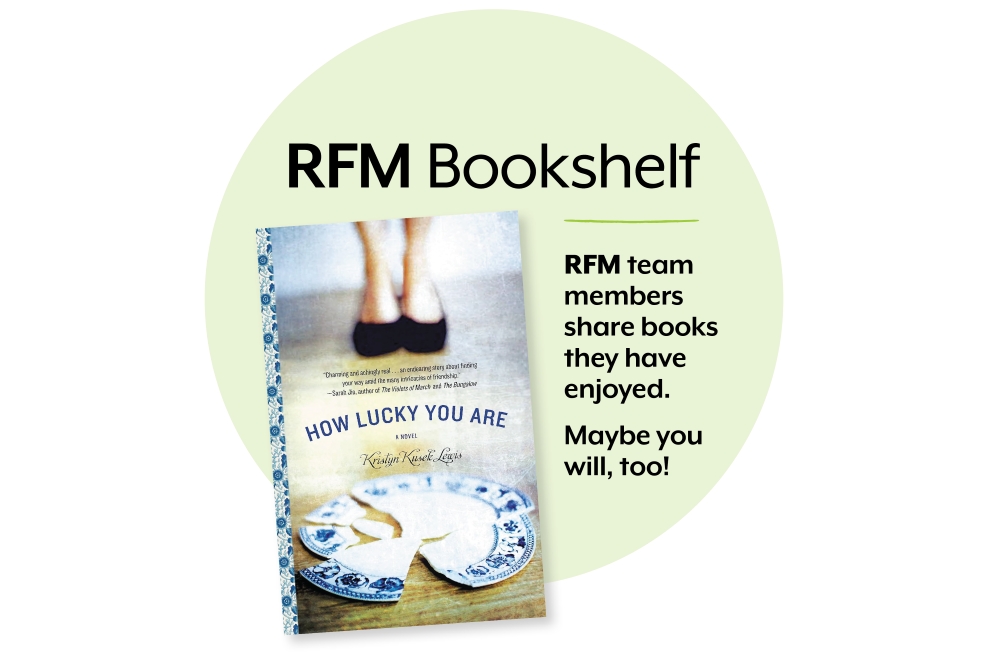If today’s helicopter parents make your head spin, you’re not alone. I decided to read It’s OK to Go Up the Slide by Heather Shumaker, a journalist and author of It’s Ok Not to Share, because it offered additional insights into issues like homework and after-school schedules – two topics I feel strongly about. But I ended up being most pleased with her persuasive argument for more recess; for I learned early on in my public school teaching days, increased recess meant increased productivity in class.
Shumaker starts her book by reminding parents to take off their adult lenses and welcome risk. She argues, “We equate risk with danger. But risk is not a bad word. Healthy risk should be our ally; it helps our kids and lets them develop into competent, confident people.” She recognizes that this can be challenging idea for today’s parents. Sometimes, Schumaker admits, “We’re not in the mood for another spill, mess, or tear-filled scene that could result from kids making mistakes and assessing the risk on their own.” But the sooner we accept risk is a part of life, the sooner we can stop paralyzing our kids with our fears, Schumaker claims.
Schumaker also stresses the importance of modeling mistakes. Since our children are always trying new things, Schumaker believes, it can be frustrating if they never see the adults in their lives making mistakes, too. Granted, it feels like most of the mistakes my kids witness occur when I’m cooking dinner, but I suspect that was to be expected. My mom’s a great cook, but she still is notorious for using the smoke detector as an indicator for when the bread is done. As the dish towel fans the air above the oven, she shouts over the beeping, “It’s okay. Nobody died.”
This brings me to Schumaker’s next point, dealing with mistakes. For example, I can’t fault my kids for getting worked up about something trivial if I do the same thing. That’s why I still love the ritual of discussing our days over dinner. My husband and I get a chance to share how we handled obstacles at work and promote a healthy attitude toward mistakes. After all, as Schumaker notes, French philosopher Joseph Joubert said, “Children need models more than they need critics.”
I also loved how Schumaker adapted the Amish approach to technology to assist parents with teaching lifelong habits. She advocates, “Go slowly. Be careful. Set limits to protect what you cherish.” Parents will find a host of practical tips from teaching kids to manage their time to establishing boundaries. After all, email and social media notifications come at random intervals, which is why Schumaker feels they are so addictive. Therefore, Schumaker explains, “It’s not enough to give a child a low-tech childhood; we must give her the skills, knowledge, and habits to live with technology.”
Finally, my favorite chapter is “Recess Is a Right.” Using research on recess from a variety of sources, Schumaker builds a convincing case that “recess is as essential as lunch to the school day.” She explains the benefits of brain breaks and negative consequences of losing recess as punishment. Schumaker provides the recess guidelines by Olga Jarrett, a professor and researcher of recess at Georgia State University, which I suspect will have most RVA parents advocating for more recess at their kids schools. My fourth grader’s school falls in the “losing learning potential” category because she gets only 15 minutes of recess each day. Luckily, the book includes advice for parents eager to bring about a change.
In summer, playground slides get hot. They burn your legs as you slide down. If you’re looking for another way, then check out It’s Ok to Go Up the Slide by Heather Schumaker. Over the course of the book, Schumaker tackles tough issues, like why it’s so important to foster independence, assume all is well, and shield kids from fear, not the world. While it will take more than going up the slide to raise confident and creative kids, it’s a great first step.
Follow @ParentbytheBook on Twitter for updates on blog posts or like Parenting by the Book on Facebook.





